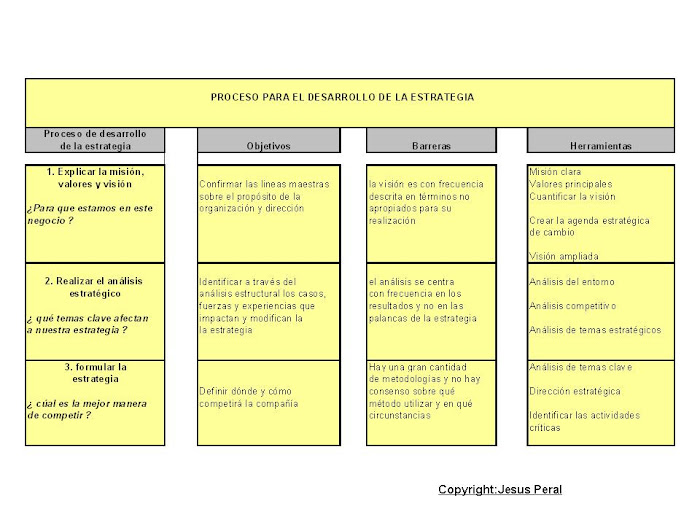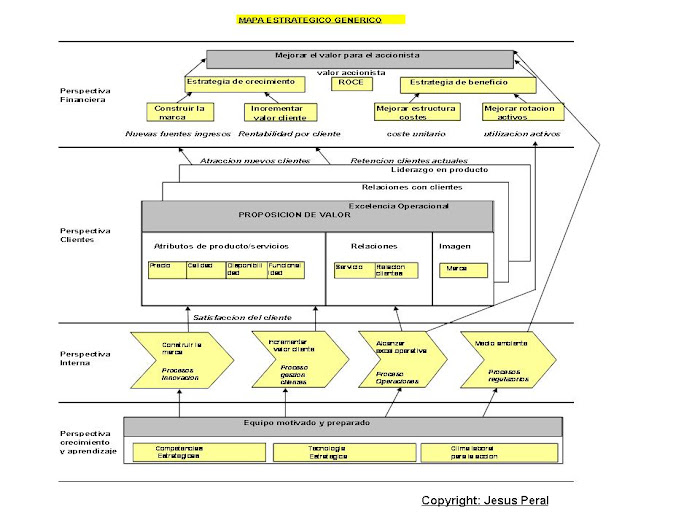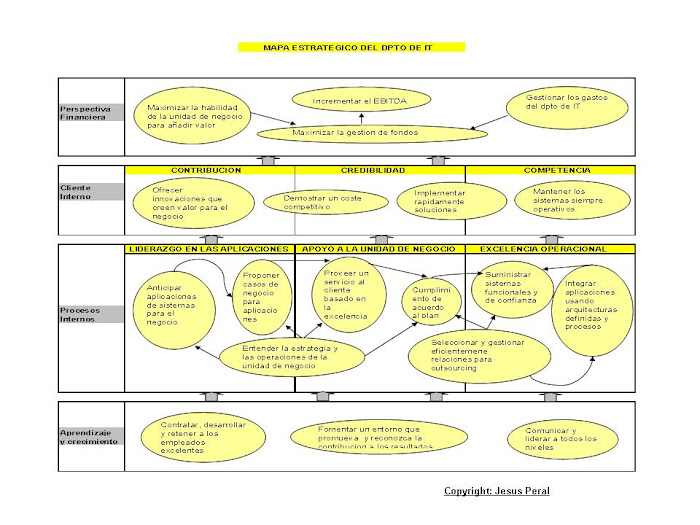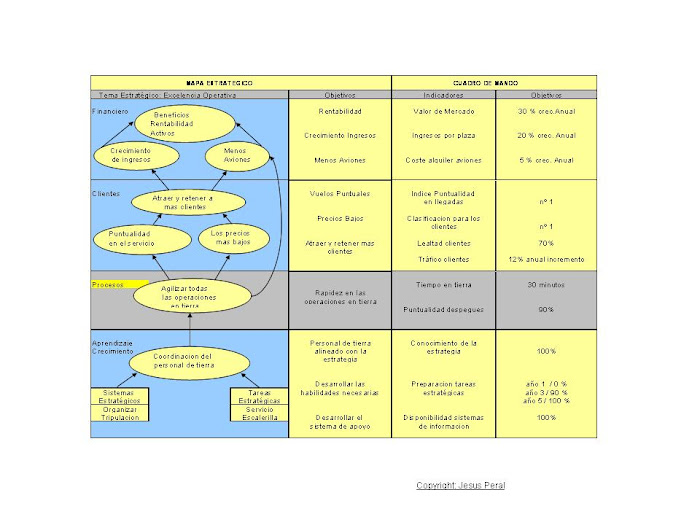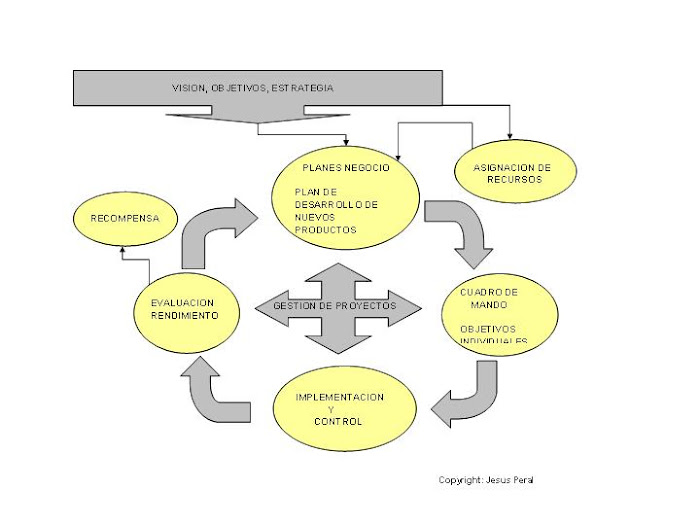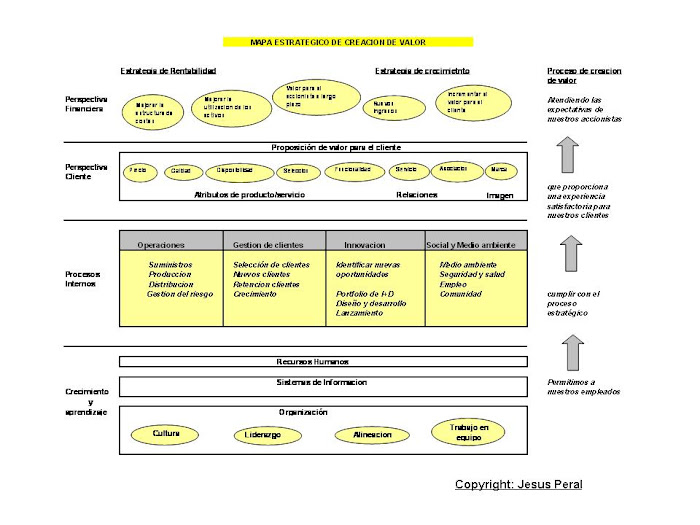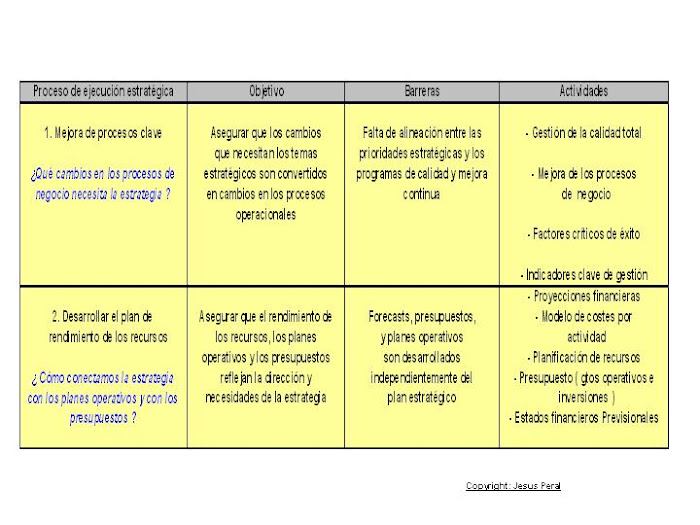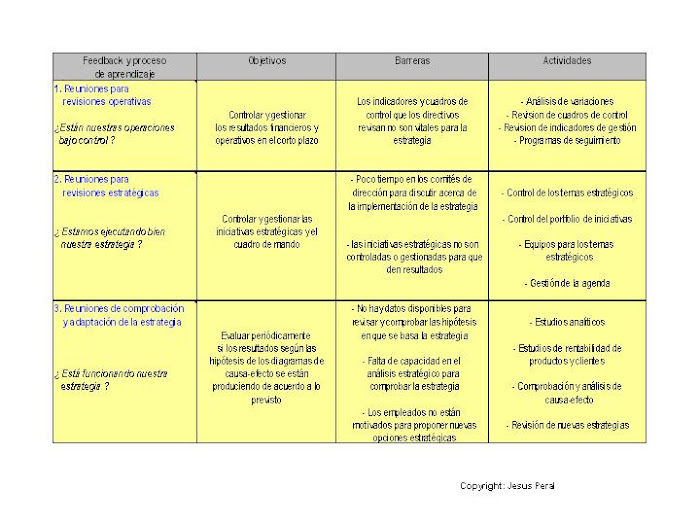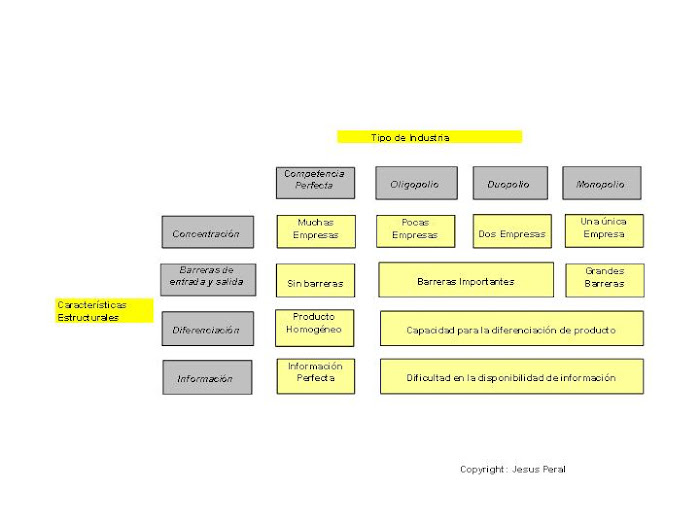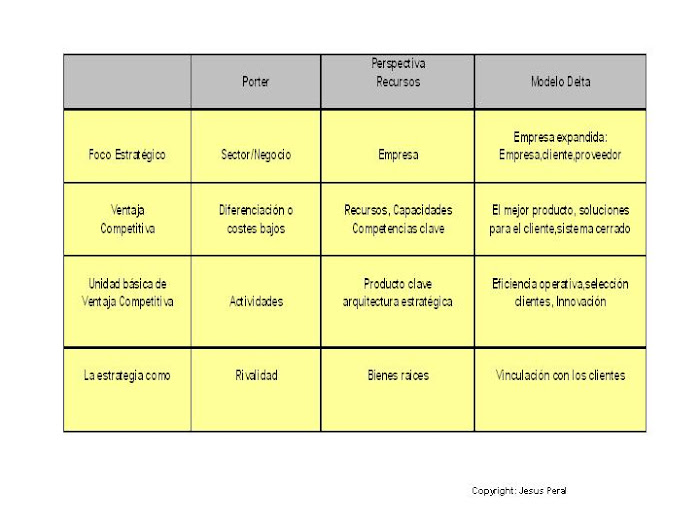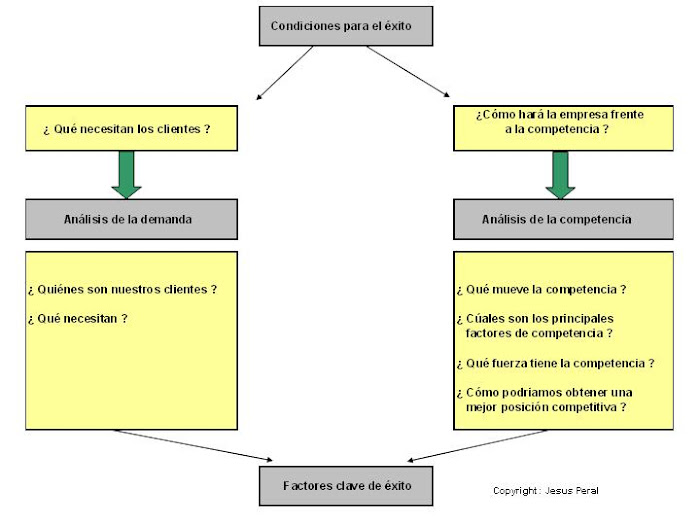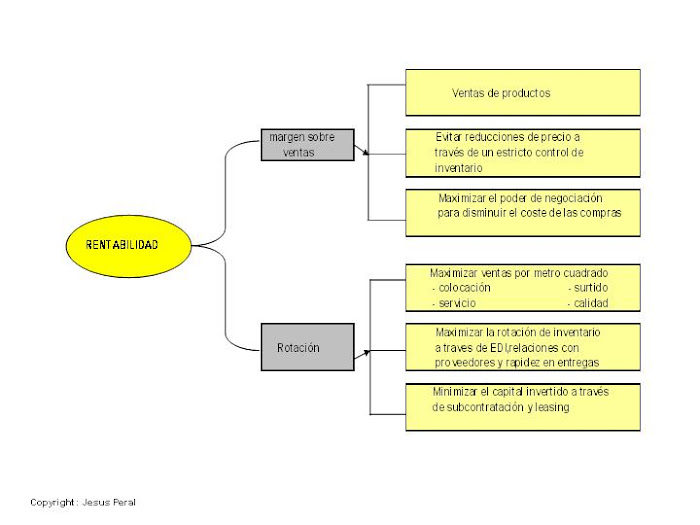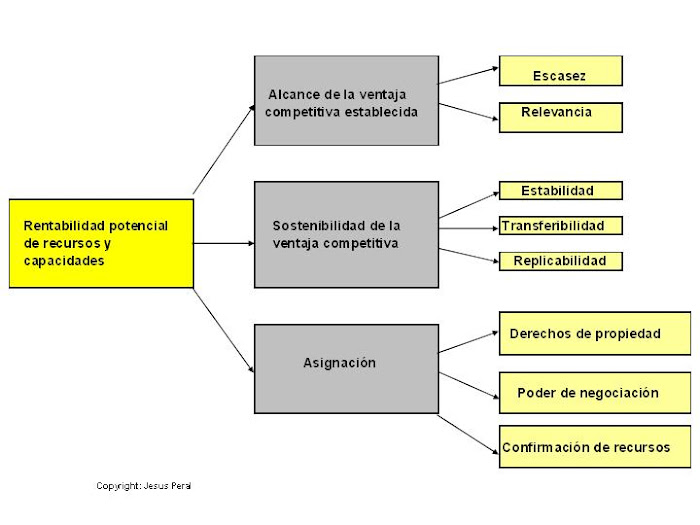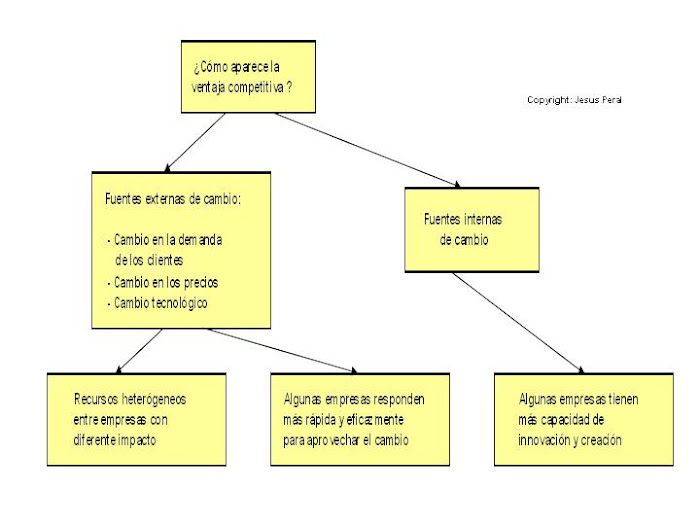You can’t do everything yourself so you have to
delegate. At first sight delegation looks simple. Just tell someone what you
want him to do and then let him do it. But there is more than that.
It may be you would wish to delegate everything
except what your collaborator cannot do. But you cannot then withdraw. You have
arranged for someone else to do the job but have not passed on the
responsibility for it. You are always accountable to your superior for what
your collaborator does. Hence, something very important and frequently
forgotten, you can’t delegate
responsibility.
Delegation is really difficult. It is perhaps
the hardest thing that managers have to do. The problem is getting the balance
right between delegating too much or too little and between over or under
supervision. When you give someone something to do you have to make sure that
it gets done. And you have to do that without breathing down his neck, wasting
your time and his, and getting in the way. There has to be trust as well as
guidance and supervision.
But, what are the real advantages of
delegation? I will outline just a few, well-known between experienced managers
and directors:
·
It
relieves you of routine and less critical tasks
·
It
frees you for more important work, for example, planning, organizing,
motivating or controlling.
·
It
extends your capacity to manage
·
It
reduces delay in decision making as long as authority is delegated close to the
point of action
·
It
allows decision to be taken at the level where the details are known
·
It
develops that capacity of your team to make decisions, get things done and take
responsibility. This is a very important one in my personal view as it builds,
normally, a strong team.
Based on the above the next questions would be:
when to delegate, how to delegate and what to delegate.
In my experience, you should delegate when you
have more work than you can effectively carry out yourself, when you cannot
allocate sufficient time to your priority tasks and if you want to develop your
collaborators. And finally, when the job can be done adequately by you
collaborator.
When you delegate you have to decide what to
delegate. To whom you delegate, for example, choosing who does the work. You
also need to decide how to inform or brief your collaborator, guiding him and
monitor his performance.
You delegate tasks you don’t need to do
yourself. You are not just ridding yourself on the difficult, tedious or
unrewarding tasks. Neither are you trying to win for yourself an easier life. Delegation will, in fact, make your life
more difficult, but also more rewarding.
Clearly you delegate routine and repetitive
tasks which you cannot reasonably expected to do yourself as long as you use
the time you have won productively.
You also delegate specialist tasks to those who
have the skills and know-how to do them. You cannot do it all yourself. Nor you
can be expected to know it all yourself. You have to know how to select and use
expertise. There will be no problem as long as you make it clear what you want
from the experts and ask them to present it to you in a usable way. As a
manager you must know what specialists can do for you and you should be
knowledgeable enough about the subject to understand whether or not what they
product is worth having.
Ideally, the person you choose to do the work
should have the knowledge, skills, motivation and time needed to get it done to
your complete satisfaction. Frequently, however, you will have to use someone
who has less than ideal experience, knowledge or skills. In my opinion in these
cases you should try to select an individual who has the intelligence, attitude
and above all the willingness to learn how to do the job with help and
guidance. This is how people develop and the development of your team should be
your conscious aim whenever you delegate. You are looking for someone you can
trust. You don’t want to over supervise so you have to believe that person you
select will get on with it and have the sense to come to you if he/she is stuck
or before he/she makes a bad mistake.
So the final question is, how do you know whom
you can trust? The best way, in my experience, is to try people out first on
smaller and less important tasks, increasingly giving them more scope so that
they learn how far they can go and you can observe how they do it. If they get
on well their sense of responsibility and powers of judgement will increase and
improve and you will be able to trust them with more demanding and responsible
tasks.
To summarize, the critical elements are
guidance and development. Delegation not only helps you to get your work done
but also it can be to improve your collaborator’s performance and therefore
your trust in his/her ability to carry out more responsible work. But don’t
forget to give instruction, training and development as part of the process of
delegation.






